CONTENTS
1.
CONTRIBUTING TO A VALUE CHAIN TOWARDS SUSTAINABLE PEACE
2.
SECOND ANNUAL DDR SYMPOSIUM
3.
DISCOVER OUR MISSIONS
4.
GUEST FEATURE
5.
WEAPONS AND AMMUNITIONS MANAGEMENT
6.
IDDRS UPDATES
7.
RECENT PUBLICATIONS
8.
UPCOMING
HIGHLIGHTS FROM THIS NEWSLETTER ISSUE
BY DPO-DDR SECTION
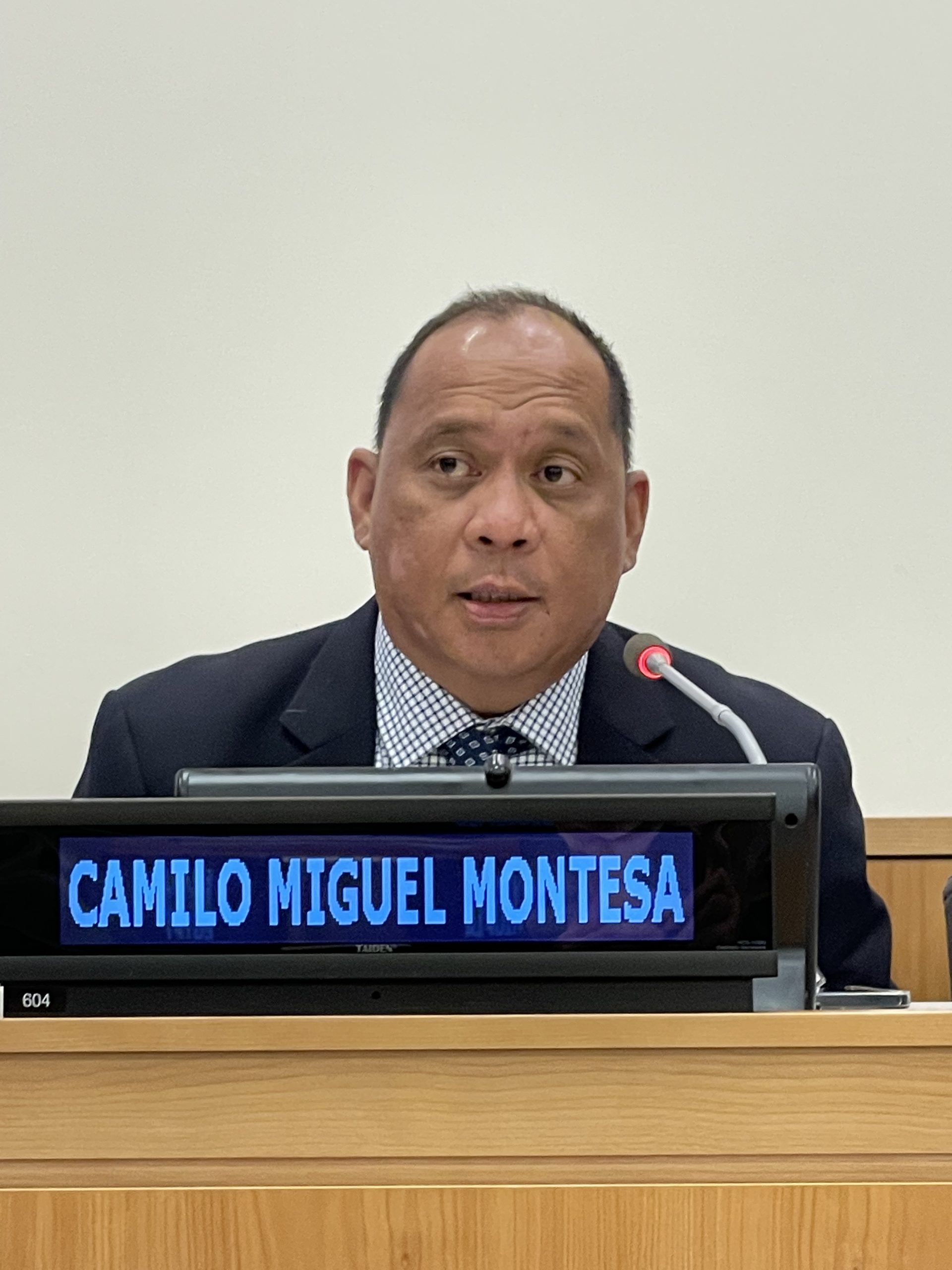
From arms to farms, from bullets to ballots
The impact of DDR is highly political in that its success or failure tends to impact the prospects and sustainability of a broader peace agreement and conflict resolution efforts

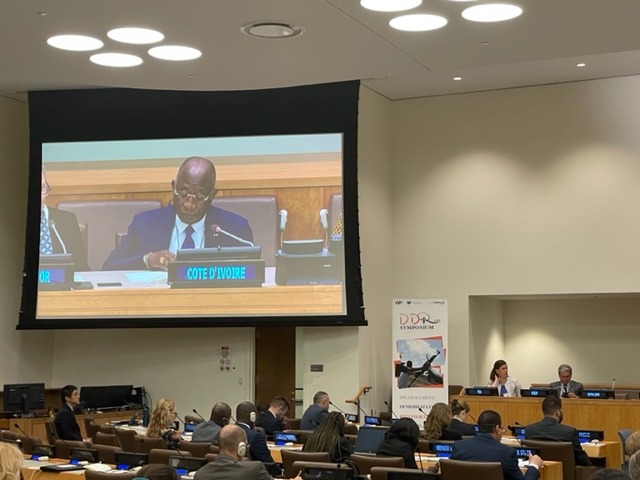
DDR should be systematically integrated into a political process aimed at creating an environment conducive to peacebuilding and long-term development
IN FOCUS: DDR CONTRIBUTING TO A VALUE CHAIN TOWARDS SUSTAINABLE PEACE
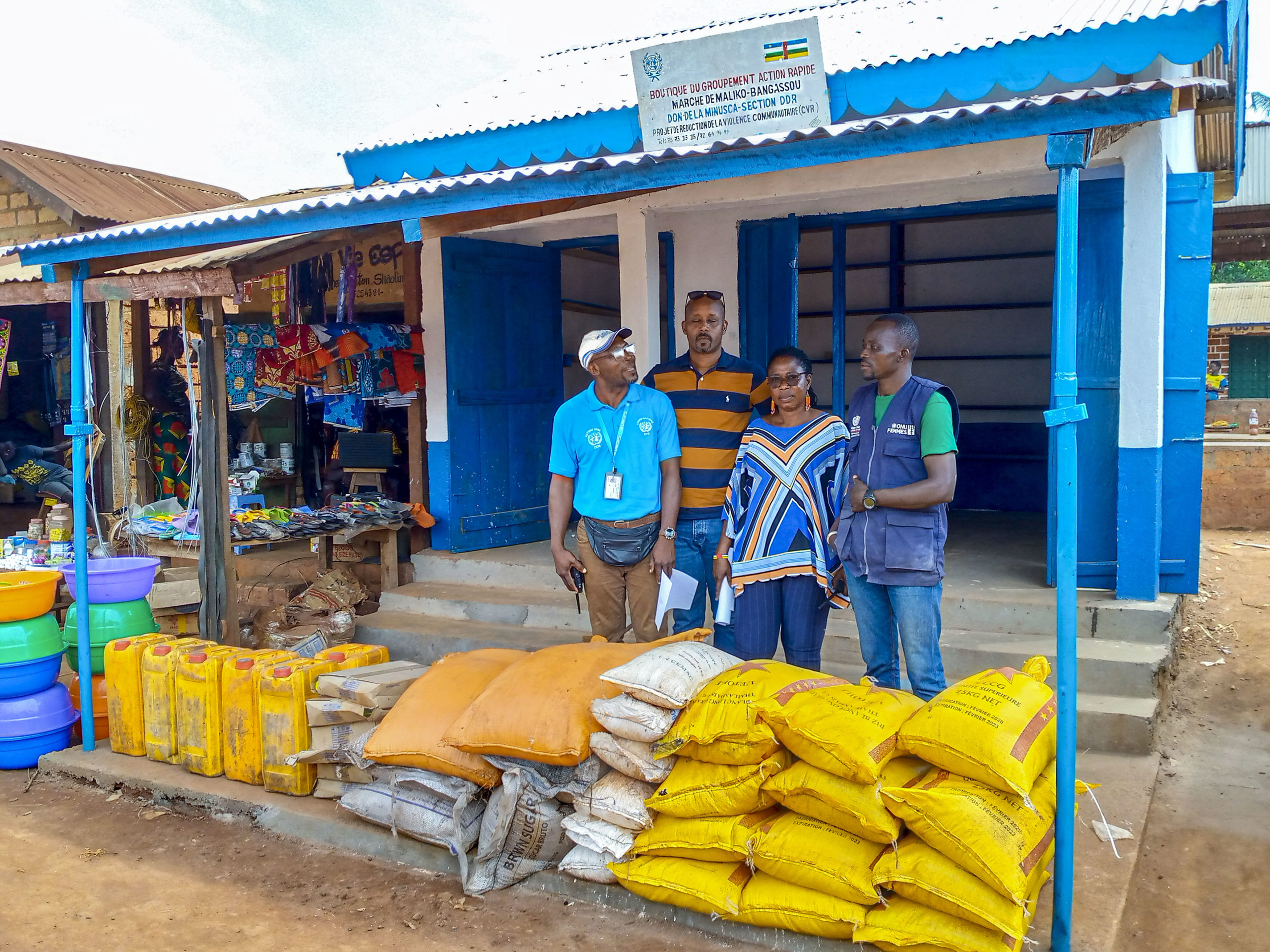
In this new context, the risk for the resurgence of conflict has also increased, thus highlighting the need for ensuring sustainability of peacebuilding initiatives. To foster effective coordination and coherent approaches, integrated DDR processes should aim at creating a value chain[1]. To set a positive momentum for the establishment of such value chain, DDR practitioners need to shift their mindset to develop DDR/CVR initiatives as building blocks aiming at (i) facilitating a seamless transition between DD and R, (ii) supporting political transformation of armed groups, (iii) setting CVR as a pathway to long term reintegration, (iv) enhancing synergy between DDR and SSR and (v) linking DDR to Transitional Justice as well as other peacebuilding initiatives. All these efforts should aim at developing and setting in motion a value chain towards the establishment of sustainable peace.
In the context of DDR, a value chain is a sequence of target-oriented combination of interventions/initiatives that create a momentum for sustainable transition of ex-combatants into civilian life and sustainable peace.
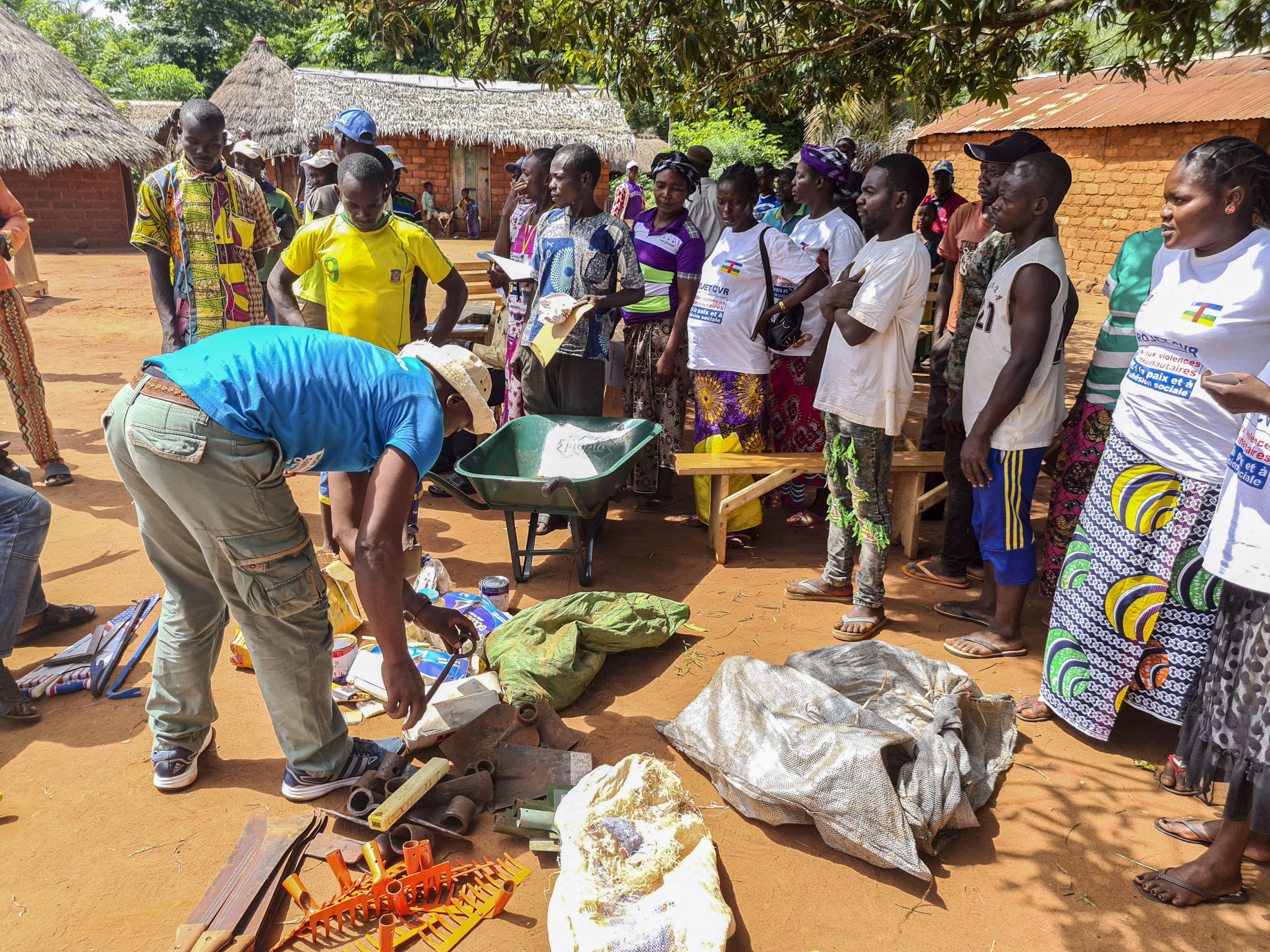
The DDR Section has been working to enhance the value of its activities in the global chain toward sustainable peace and the value chain will only be enhanced by further cooperation and integration between the key stakeholders of DDR processes.

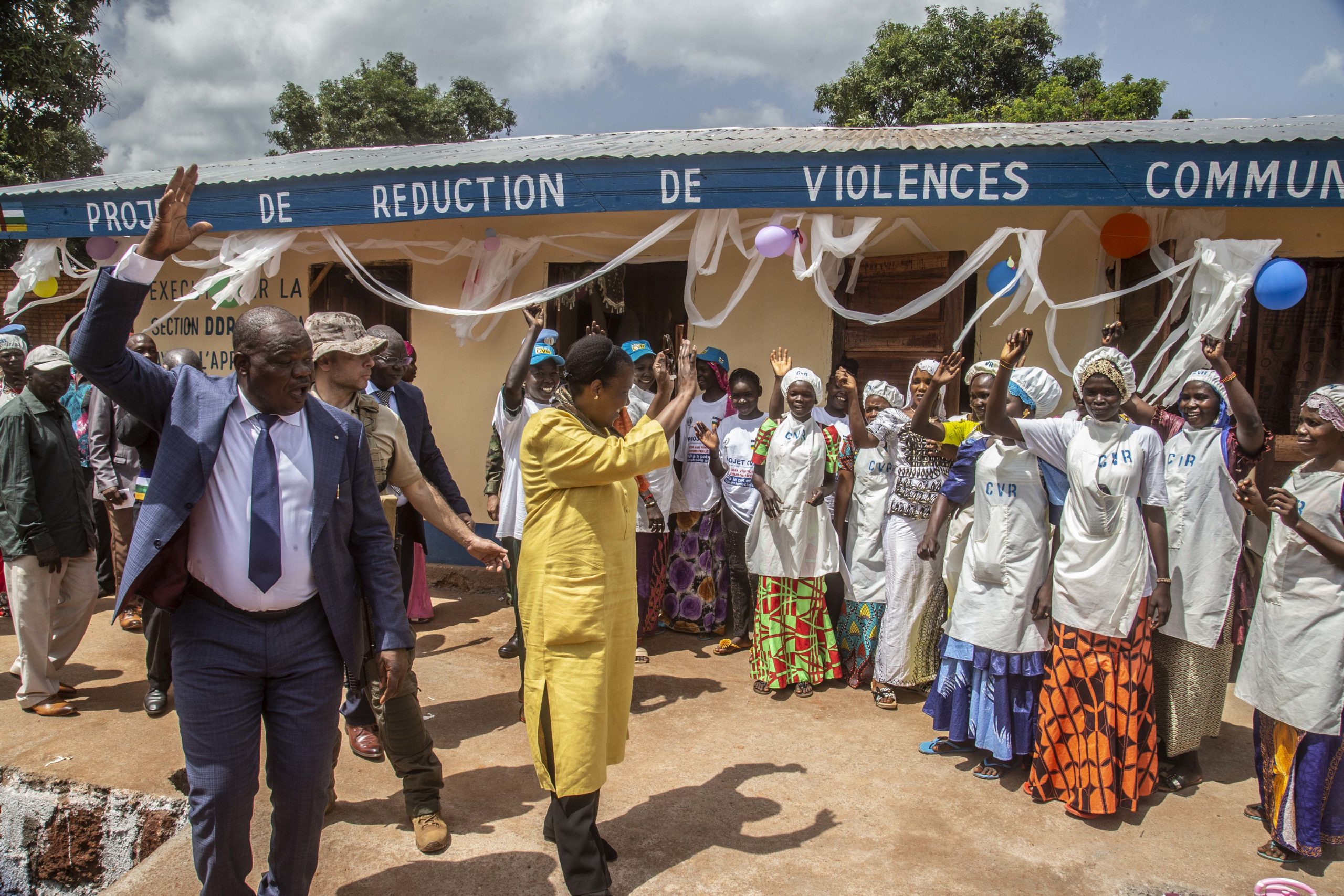
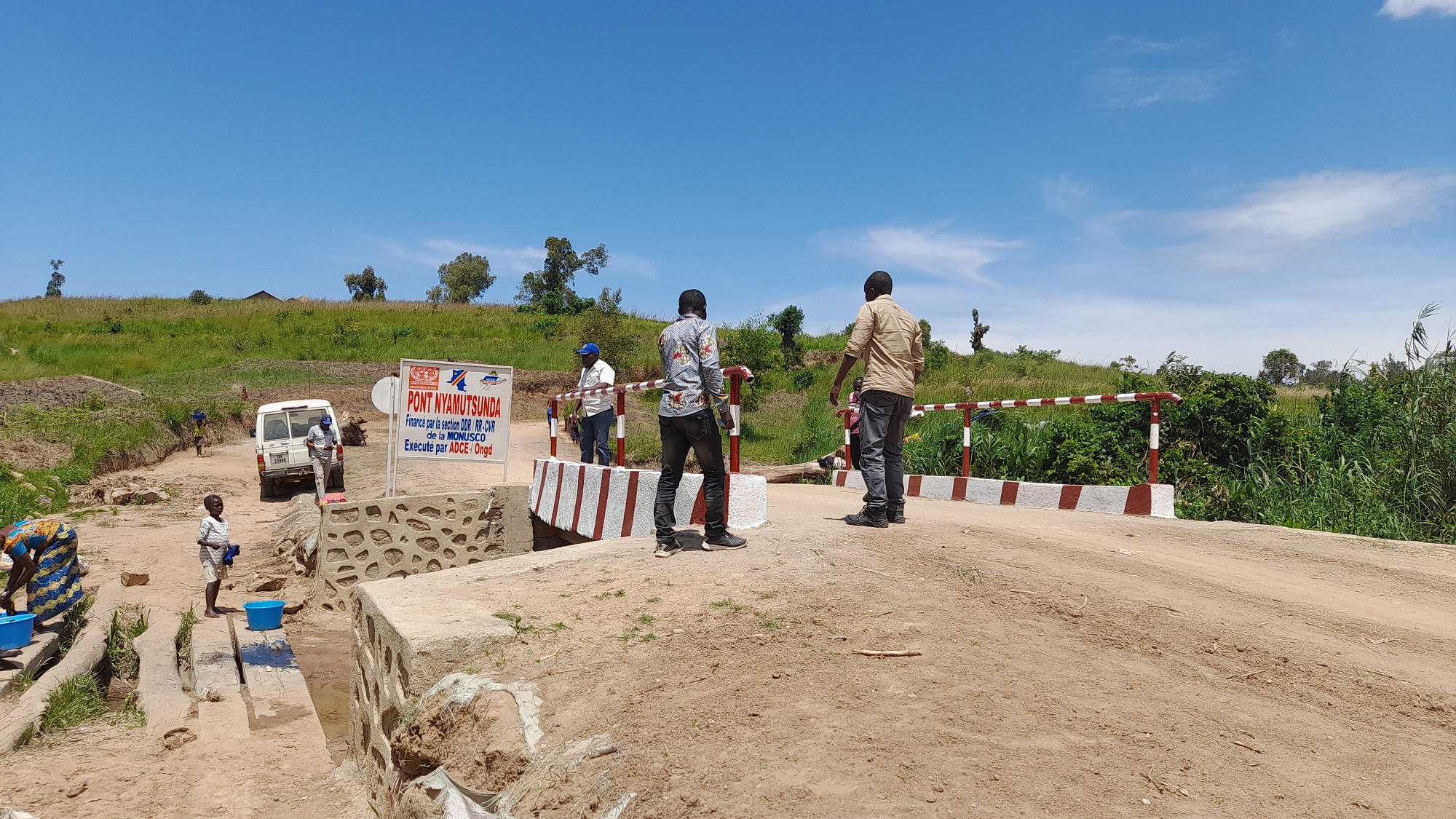
SECOND ANNUAL DDR SYMPOSIUM – 2022
Day 1&2 – High Level Events on political transformation
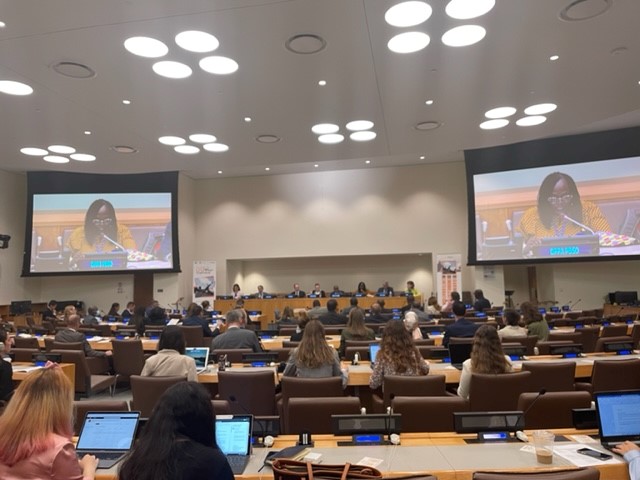

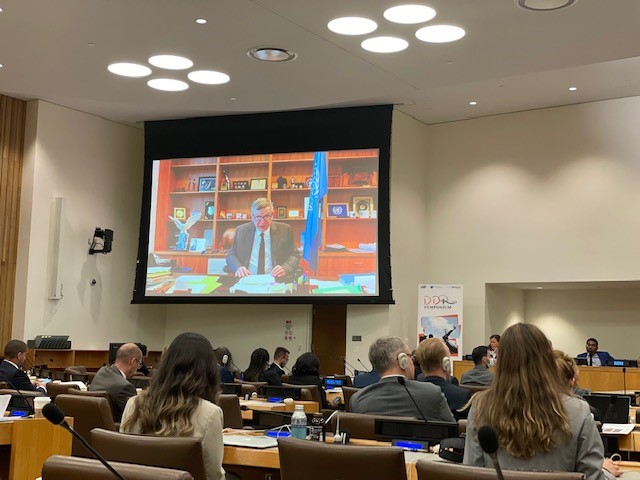
Day 3-5 – Technical Sessions
Day 3: Current initiatives, typology of armed groups, and CVR and reinsertion as a path to reintegration
Extending the focus on special initiatives currently implemented by the DDR section, the following session was dedicated to the DDR Section’s work on developing a typology of armed groups. This led to various debates on the usefulness of such a typology for day-to-day work, government involvement in such exercises and resources needed. Following the session, the lead consultant leading the efforts to develop the typology tool will update his work plan and define the target contexts, which will be used to develop, test, and fine-tune the future typology tool which will be developed before the end of 2022.
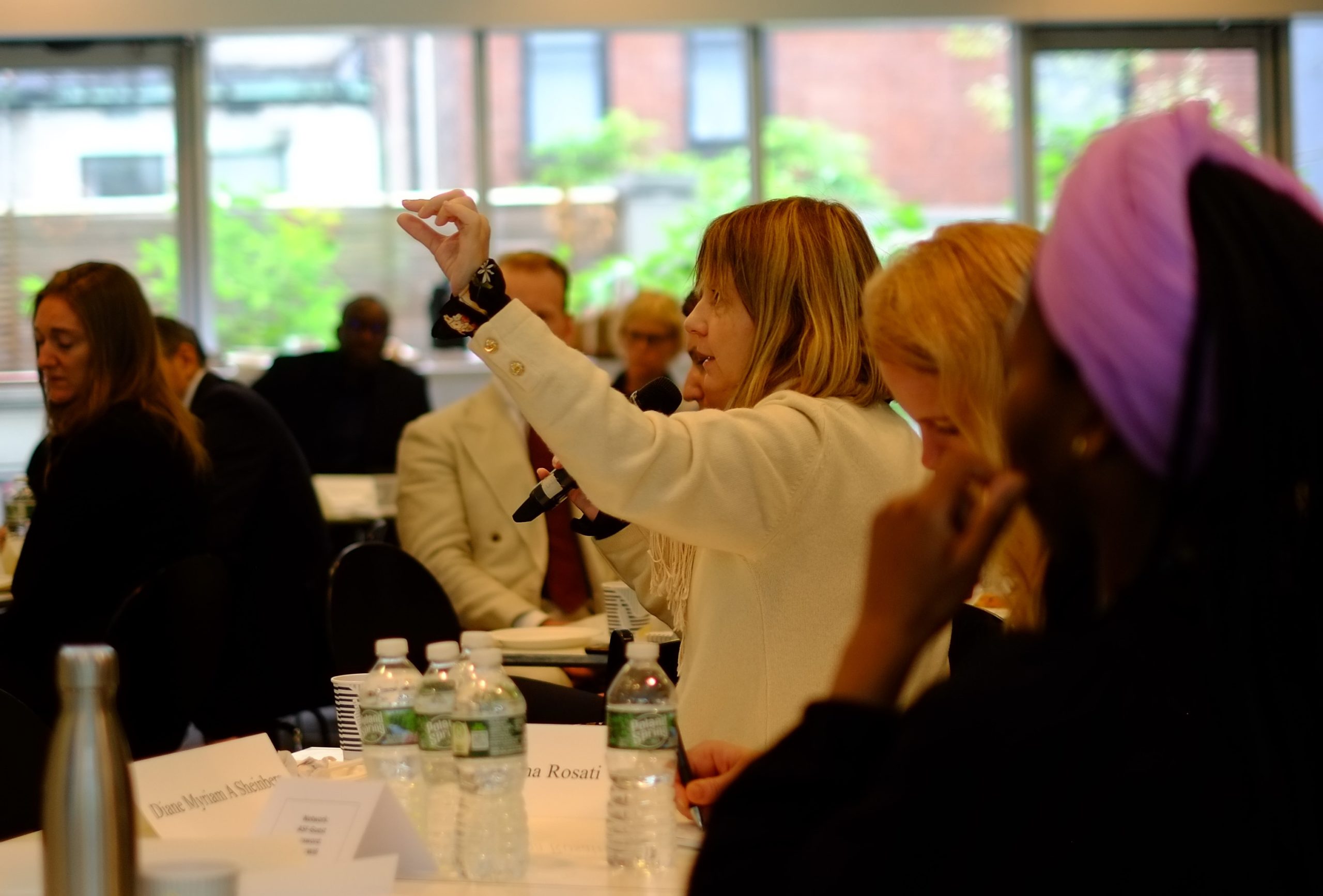
To end the first day of the Chief’s Meeting, the third session focused on reimagining CVR and reinsertion as a pathway to reintegration with participants discussing operational challenges, as well as opportunities in supporting long-term reintegration. The discussions led to the conclusion that there was a need to change the mindset in which DDR practitioners think about CVR and work together to make sure that it contributes to the complete reintegration of ex-combatants in society.
Day 4: Joint DPO-ODA project on weapons and ammunition management in a changing DDR context, voluntary disengagement from armed groups, and the emergence of regional DDR efforts
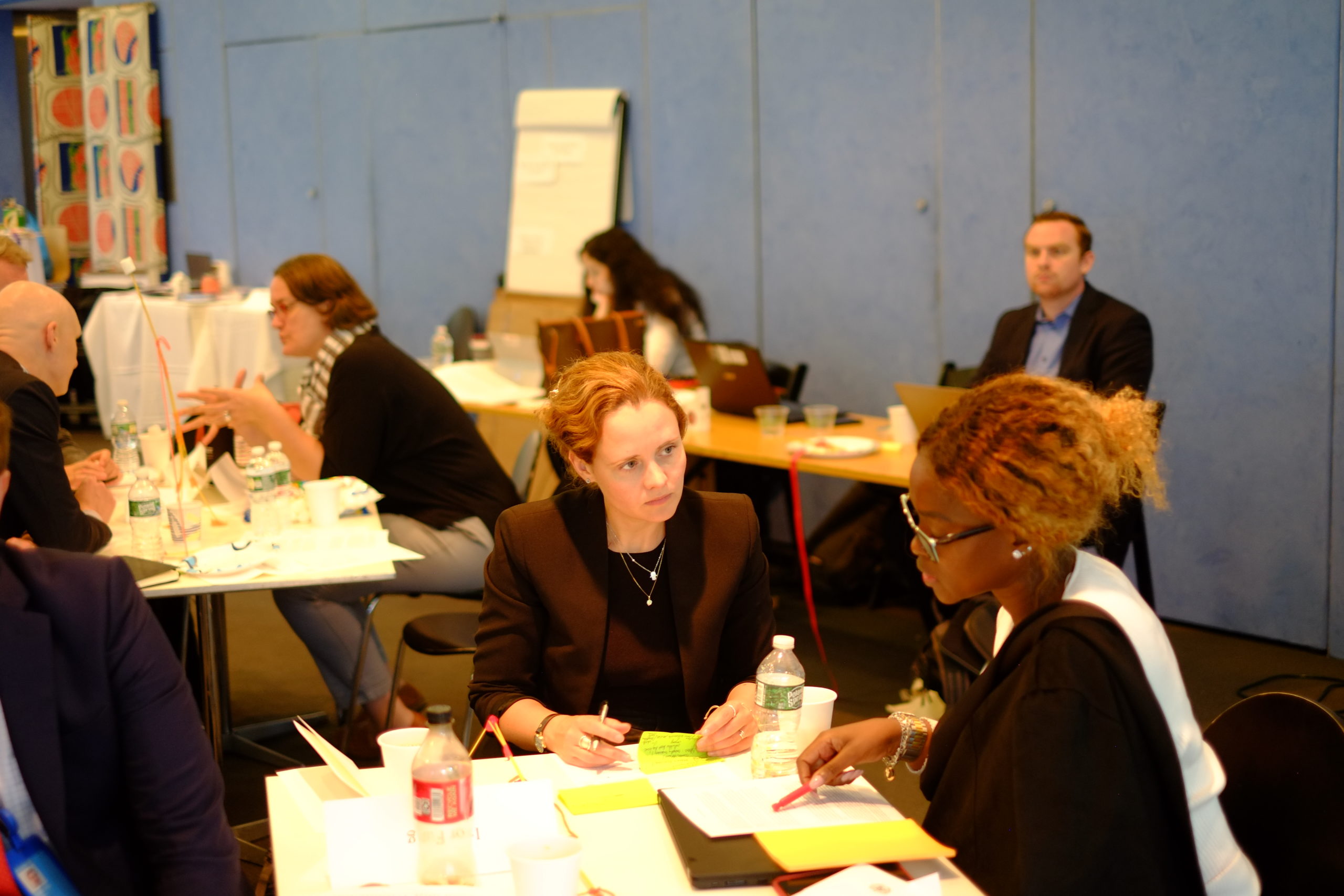
The final session of the day focused on the emergence of regional DDR efforts. Participants heard from experts working in the Sahel and the Lake Chad Basin regions on the potential for future DDR efforts in those settings, using the Great Lakes Regions as an example for the strong ongoing work. During discussions, the importance of collaboration between national governments was emphasized and comments were made on the topic of refugee camps and their role in armed group recruitment methods. The elements brought up during the session will directly inform the development of an engagement strategy for foreign armed groups in the east of DRC. These elements will also feed into the revision and finalization of the IDDRS module on cross-border population movements.
Day 5: Synergies between DDR and SSR, and linkages between transitional justice processes and DDR
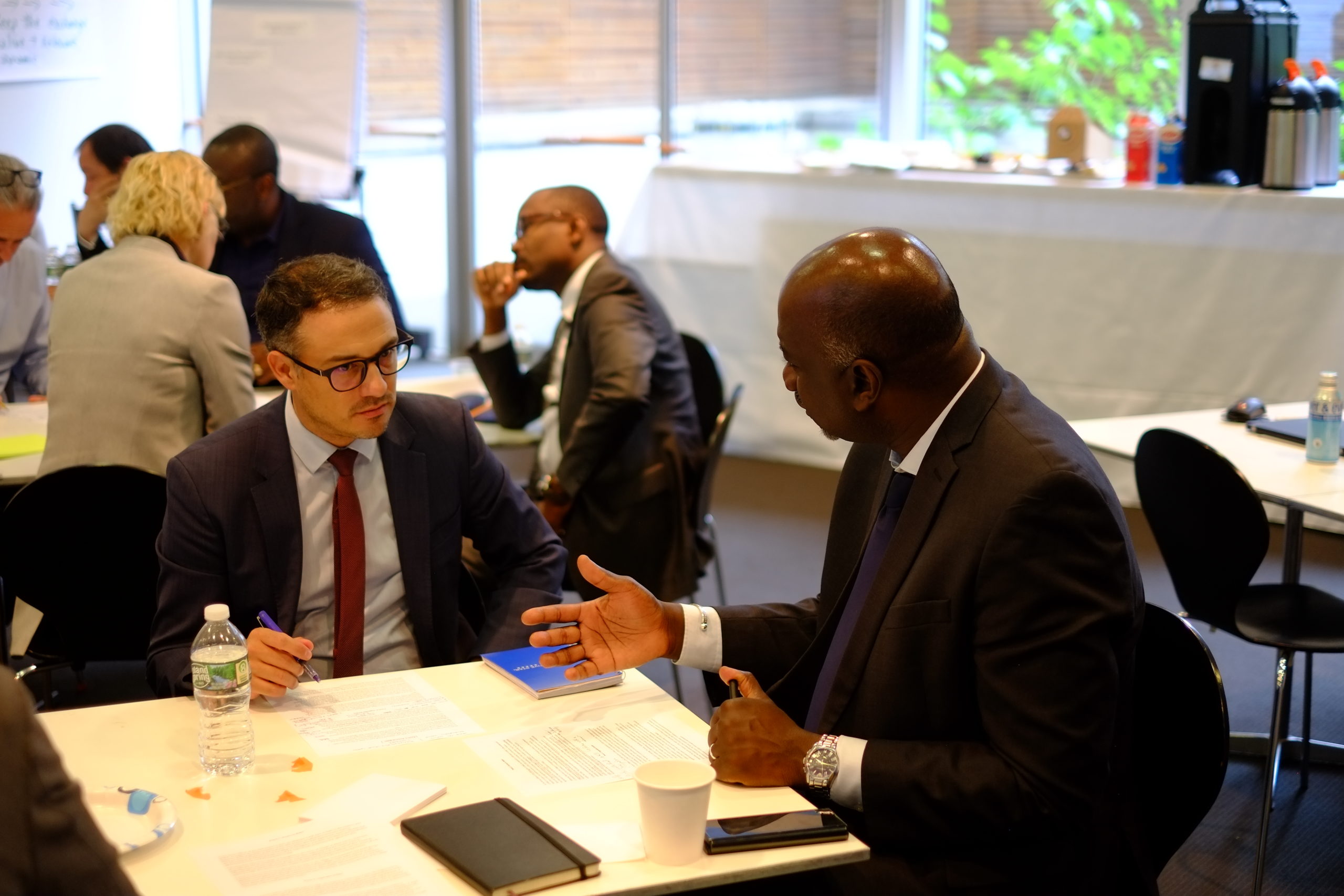
Bringing DDR Chiefs, practitioners, and partners to New York provided the opportunity for discourse, networking, and knowledge sharing. The ideas generated as a part of the Symposium will be embodied in the new or revised IDDRS modules, in the work of UN missions, and through the support of the DDR Section.

DISCOVER OUR MISSIONS
INTERACTIVE MAP
You can find more information and highlights from the field in our interactive map below. Engage with the features in the map to explore the DDR mandates in different contexts.
*The boundaries and names shown and the designations used on the maps on this site do not imply official endorsement or acceptance by the United Nations. See Terms of Use.
* The star icons represent field updates from May 1st to August 31st.
* The pin icons represent DDR activities between July 2021 and June 2022.
GUEST FEATURE
INTERVIEWING DDR PRACTITIONERS
Making sure we work in tandem with the UN to align our efforts is important.
The institutional evolution of the DDR process in Colombia helped recognize and learn that we need a compromise from the national government, to adapt to the number of exits from armed groups and to adapt to conflict dynamics.
The ownership of the process will always have to remain with the people, with the region.
DDR contributes to the prevention of renewed violence and human rights abuse.
Weapons and ammunitions management
Weapons and Ammunition Management in Haiti
Building on momentum generated by collaborative approach, the annual DDR Symposium sought to shine a spotlight on the role that WAM has played in Haiti, unpacking its potential to stem violence and build momentum with national partners, including in contexts in which no formal DDR process is underway. The event featured interventions from Mr. Thomas Kontogeorgos, Chief, Disarmament, Demobilization and Reintegration Section, DPO; Ms. Bernice Veronica Angela Robertson, Political Affairs Officer, DPPA; Mr. Milos Krsmanovic, Chief DDR/CVR Unit, BINUH; and Ms. Katja Boettcher, Officer-in-Charge, UNLIREC. The worrying proliferation of small arms and light weapons, as well as its humanitarian impact on the country, was discussed, as were the various responses underway including efforts under the auspices of the joint DPO-ODA project and UNLIREC to support Haiti’s implementation of the Caribbean Firearms Roadmap. WAM’s potential to support CVR was a focus of the symposium, with participants citing both opportunities and challenges in relation to the prospect of integrating WAM activities, such as community-level weapons collections, into CVR programmes in Haiti. Nonetheless, various opportunities for collaboration on “upstream WAM” were identified, primarily through a prospective scale up of efforts to both understand and stem the illicit flows of weapons and ammunition into the country. Amid the political tensions in Haiti, WAM was identified as a middle ground in which actors may be able to build trust and create openings for further engagement. Ultimately, the event served not only to sensitize lessons learned from WAM cooperation with Haitian national authorities among DDR chiefs and practitioners, but also created space for brainstorming on the ways in which WAM could be further leveraged across DDR and CVR activities taking place in both mission and non-mission settings.


Standard Operating Procedure on WAM in DDR processes

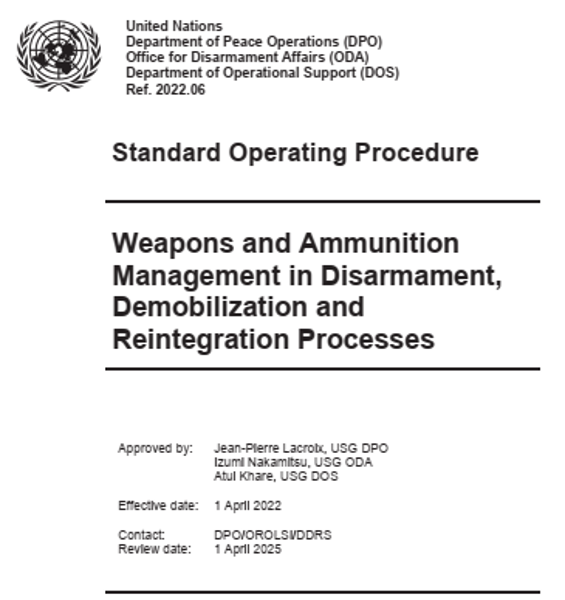
In order to raise awareness and knowledge related to the SOP, a webinar was held in partnership with Policy, Evaluation and Training Division (DPET) on 19 April 2022. Through presentations from the Ammunition Management Advisory Team (AMAT) and the United Nations Multidimensional Integrated Stabilization Mission in Mali (MINUSMA), the webinar underlined the role this SOP will play in guiding the development of mission-specific operating procedures tailored to the challenges faced in the field. A particular focus was placed on enhancing safety of peacekeepers and local communities through adequate storage of weapons and ammunitions, and on promoting security by lessening diversions risks. The webinar also focused on the integration of transitional weapons and ammunition management (TWAM) into DDR processes, drawing from examples of the leveraging of TWAM in Mali in 2013 to support the establishment of a ceasefire, which eventually paved the way to presidential elections and the return of public services in the North of the country.
IDDRS Updates
The work on the Integrated Disarmament Standards (IDDRS) is progressing steadily and should be completed by the end of the year. The modules in level three, focusing on practical guidance for the planning, design, and assessment of DDR programmes, have all been validated in the past years. The remaining modules to be revised are part of level four on reintegration, level five on cross-cutting issues such as gender, health and disability, and level six on linkages with other processes such as Security Sector Reform and Transitional Justice. So far 26 modules out of the total 34 have been validated which brings us to 84% completion of the project. In addition, the newly validated modules are currently being summarized so that we can include them in a revised Operational Guide and make the policy more accessible to all practitioners.
IDDRS Modules Status
IN PROGRESS
TO BE VALIDATED
COMPLETED
level 1
General IDDRS
module1.10
Introduction to the IDDRS
module1.10
Glossary: Terms and Definitions
level 2
Concepts, Policy and Strategy of the IDDRS
module2.10
The UN Approach to DDR
module2.11
The Legal Framework for UN DDR
module2.20
The Politics of DDR
module2.30
Community Violence Reduction
module2.40
Reintegration as Part of Sustaining Peace
level 3
Structures and Processes
module3.10
Integrated DDR Planning: Processes and Structures
module3.11
Integrated Assessments
module3.20
DDR Programme Design
module3.21
Participants, Beneficiaries, and Partners
module3.30
National Institutions for DDR
module3.40
Mission and Programme Support for DDR
module3.41
Finance and Budgeting
module3.42
Personnel and Staffing
module3.50
Monitoring and Evaluation
level 4
Operations, Programmes and Support
module4.10
Disarmament
module4.11
Transitional Weapons and Ammunition Management
module4.20
Demobilization
module4.30
Reintegration
module4.40
UN Military Roles and Responsibilities
module4.50
UN Police Roles and Responsibilities
module4.60
Public Information and Strategic Communication in Support of DDR
level 5
Cross-cutting Issues
module5.10
Women, Gender and DDR
module5.20
Children and DDR
module5.30
Youth and DDR
module5.40
Cross-border Population Movements
module5.50
Food Assistance in DDR
module5.60
HIV/AIDS and DDR
module5.70
Health and DDR
module5.80
Disabilities and DDR
level 6
Linkages
module6.10
DDR and SSR
module6.20
DDR and Transitional Justice
module6.30
DDR and Natural Resources
module6.40
DDR and Organized Crime
module6.50
DDR and Armed Groups Designated as Terrorist Organisations
PUBLICATIONS / GUIDANCE / REPORTS
MOST RECENT
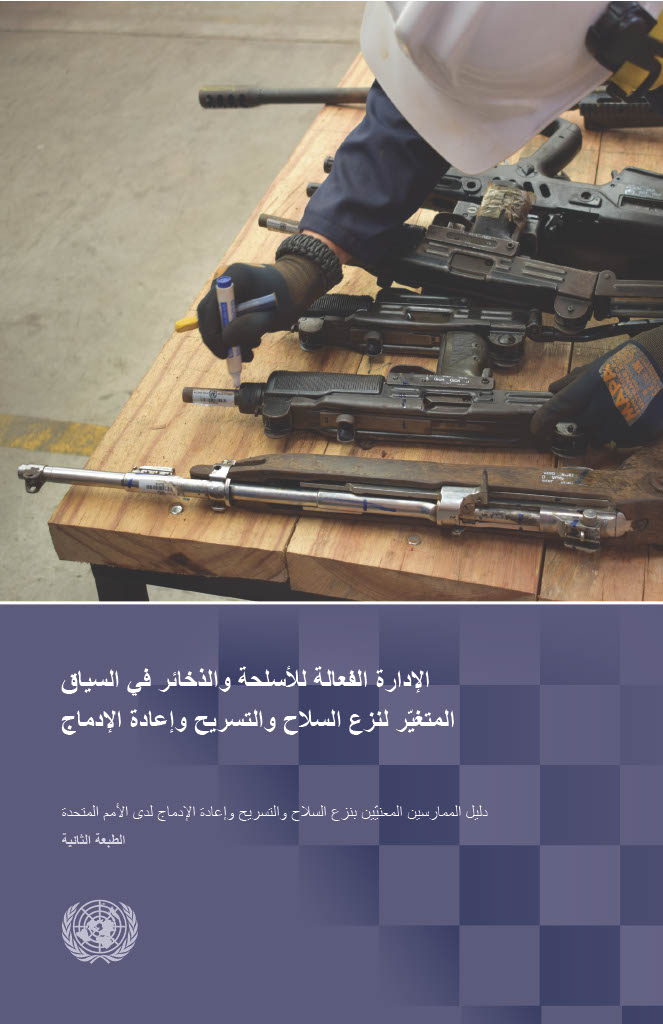
Handbook for United Nations DDR Practitioners
Effective Weapons and Ammunition Management in a Changing Disarmament, Demobilization, and Reintegration (DDR) context – Arabic translation
OTHER PUBLICATIONS
MANAGING EXITS FROM ARMED CONFLICT (MEAC)
The United Nations University Centre for Policy Research, with generous support from the Norwegian Ministry of Foreign Affairs, Switzerland’s Federal Department of Foreign Affairs, UK Foreign, Commonwealth & Development Office, IrishAid and the UN Development Programme (UNDP) – along with the United Nations Department of Peace Operations (DPO), UNICEF, the World Bank and the International Organization for Migration (IOM) – have partnered to enhance our understanding of conflict transitions: how and why individuals exit armed conflict and which interventions are effective at encouraging transitions away from the battlefield.
The MEAC initiative has conducted multi-year studies and recently released several reports and policy memos to inform on the results of this study. They include looking at the impact of climate change on recruitment, consequences of the pandemic and other challenges that have risen in managing voluntary exits in the past decade.
Technical Assistance Handbook on Appropriate Use of Non-custodial Measures for Terrorism-related Offences
The “Technical Assistance Handbook on Appropriate Use of Non-custodial Measures for Terrorism-related Offences” was developed by UNODC and published in September 2021 in Arabic and English. The Handbook aims to respond to a pressing need identified by criminal justice officials and other national stakeholders for more practical and operational guidance in implementing non-custodial measures, including for terrorism-related offences. It serves as reference material and a technical training tool for the delivery of technical assistance, relevant recommendations and principles already identified.
English version: https://www.unodc.org/pdf/terrorism/UNODC_Technical_Assistance_Handbook_-_Electronic_ENG.pdf
Arabic version: https://www.unodc.org/pdf/terrorism/UNODC_Technical_Assistance_Handbook_-_Electronic_AR.pdf